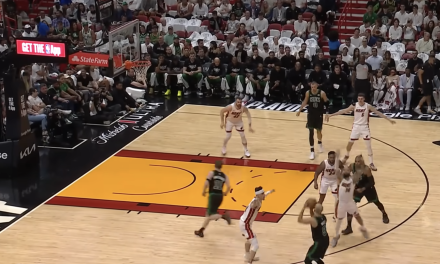Russell’s Paradox: Unraveling the Enigma of Set Theory and Self-Reference
In the realm of mathematical and philosophical paradoxes, few have perplexed and challenged the foundations of set theory as profoundly as Russell’s Paradox. Named after British philosopher and mathematician Bertrand Russell, this paradox emerged as a striking contradiction within the realm of set theory, exposing the complexities of self-reference and the limits of mathematical formalism. Russell’s Paradox prompted a reexamination of the logical underpinnings of mathematics and has continued to intrigue scholars across disciplines for over a century.
Defining Sets and the Naive Set Theory
At the heart of Russell’s Paradox lies the concept of sets—a fundamental construct in mathematics that gathers distinct objects into a single collection. Developed in the late 19th and early 20th centuries, set theory sought to formalize mathematics by providing a foundational framework for reasoning about numbers, structures, and relationships. One of the earliest formulations of set theory was Georg Cantor’s work on the cardinality of infinite sets.
However, when mathematicians began to delve deeper into the properties of sets, they stumbled upon a paradox that shook the very foundation of the discipline. Russell’s Paradox posed a profound question: Could there exist a set that contains all sets that do not contain themselves?
The Paradox Unveiled
The crux of Russell’s Paradox is revealed through a self-referential statement. Suppose we consider the set R of all sets that do not contain themselves. If R belongs to itself, then by definition it should not be in R. On the other hand, if R does not belong to itself, it should be in R according to the set’s criteria. This paradoxical situation leads to a contradiction that defies classical logic.
The paradox’s implications are profound—it highlights the limitations of naive set theory, which aimed to capture the intuitive notion of collections without considering the subtleties of self-reference. Russell’s Paradox revealed that certain assumptions about sets led to logical inconsistencies, challenging the very foundation of mathematics and prompting mathematicians and logicians to rethink their approach.
Resolution and Impact
In response to Russell’s Paradox, mathematicians and philosophers developed axiomatic set theories that sought to carefully define the principles governing sets and their properties. One such theory, Zermelo-Fraenkel set theory (ZF), introduced axioms that circumvent self-referential contradictions by specifying rigorous rules for set formation and membership.
The impact of Russell’s Paradox extends beyond mathematics into philosophy and computer science. The quest to resolve the paradox prompted broader reflections on the nature of logic, language, and the boundaries of formal systems. Furthermore, it offered insights into the challenges posed by self-reference in fields like artificial intelligence, where logical paradoxes can influence the behavior of computational systems.
Russell’s Paradox stands as a testament to the intricate relationship between mathematics, logic, and philosophy. This paradox unveiled the complexities that arise when seemingly intuitive concepts intersect with the realm of formal systems. While it temporarily shook the foundations of mathematical thought, it also paved the way for the development of more rigorous and axiomatic set theories that continue to underpin modern mathematics.
As mathematics and philosophy evolve, Russell’s Paradox serves as a poignant reminder of the inherent complexities and limitations that accompany the exploration of fundamental concepts. The paradox challenges us to question our assumptions, embrace rigorous formalism, and continue the quest for deeper understanding, even in the face of seemingly insurmountable contradictions.






























South Florida Media Comments